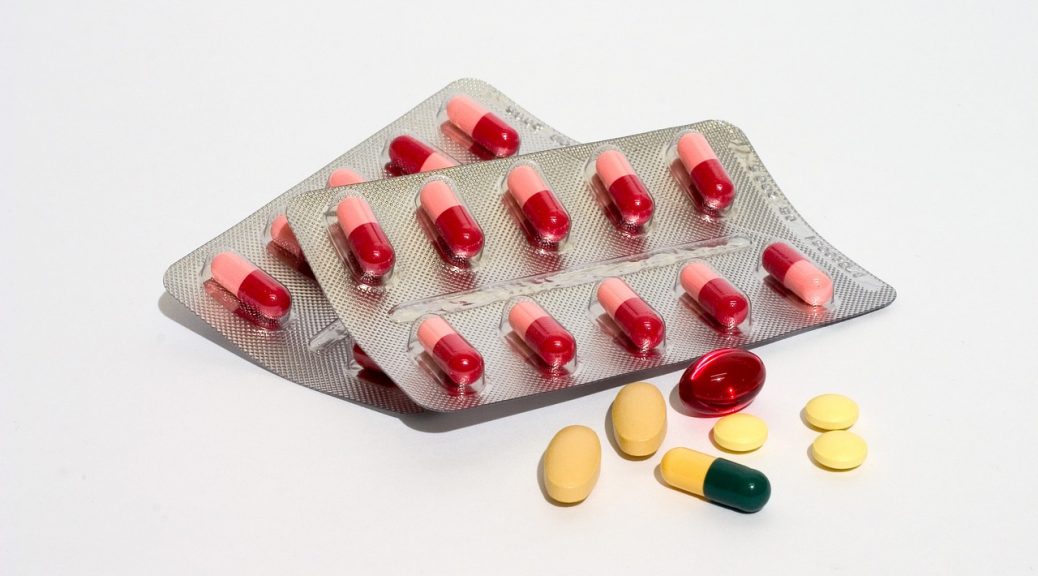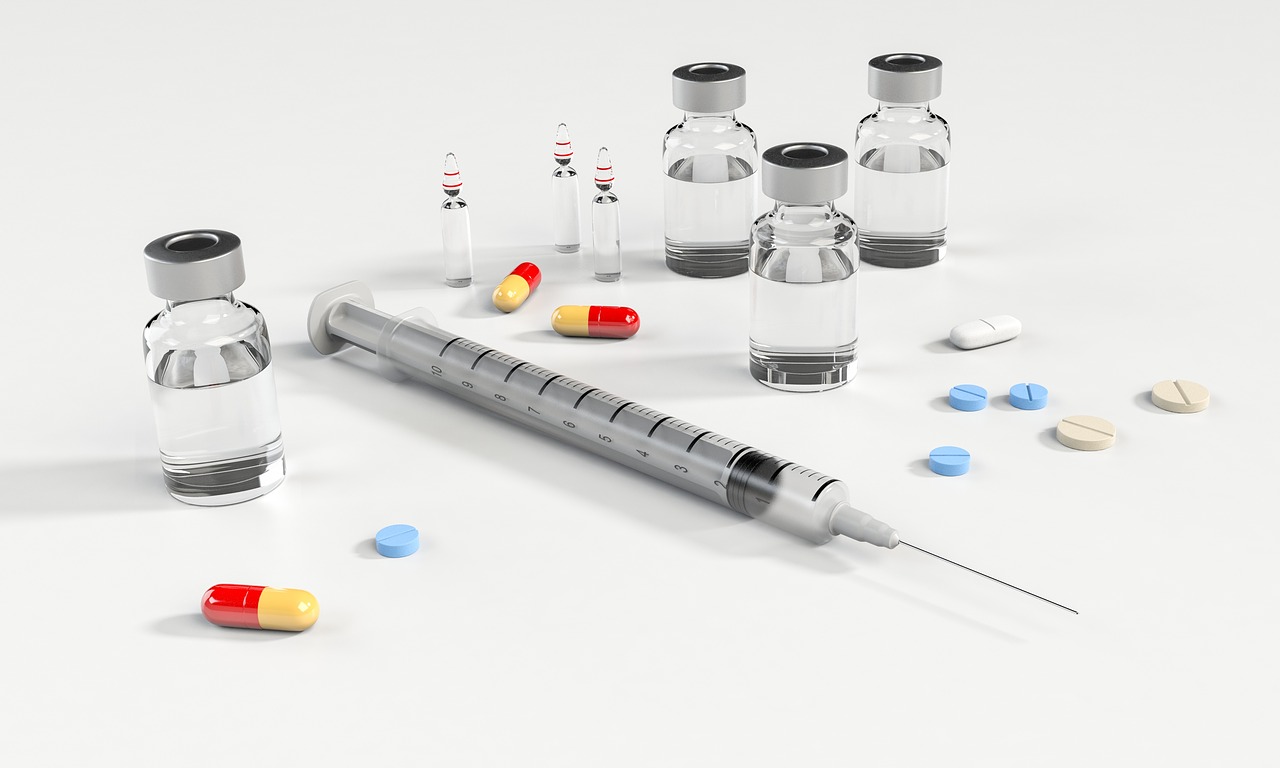
I am breastfeeding, can I take medication?
Breastfeeding mothers get sick, and breastfeeding does not prevent them from becoming ill, just like the rest of the population. But you might wonder: can I take medication?
There is a great fear of medication during breastfeeding because there is a belief that the drugs the mother takes go directly into her breast milk and reach the baby’s body straight away. This has two negative effects: mothers either do not take any medication they need or they stop breastfeeding, partially or totally, to take their medication.
The lack of knowledge of some professionals on the subject also leads them to recommend weaning when the mother has to take medication and causes curious situations like the following: a mother of a three-month-old baby who needs to be prescribed an anti-inflammatory for pain and is recommended to stop breastfeeding, when in fact this same medication had been prescribed to the mother just after giving birth (with a newborn baby) to relieve the pain produced by an episiotomy or a C-section.

What should a breastfeeding mother consider when she needs medication?
First of all, you should be aware that drug package inserts often do not provide reliable information on compatibility with and safety in breastfeeding. Surprisingly enough, pharmaceutical companies are unwilling to take even the slightest risk in the face of possible future demand. Thus, in most medicines, there is a typical section called “Pregnancy and Breastfeeding” (as if both situations were the same) where it is specified that the medicine passes into breast milk. Obviously, this does not help at all. Nursing mothers can take medication, and it is not necessary to go through the whole breastfeeding process without ever taking painkillers because of the fear that it could imply some risk for the baby.
But do drugs pass into breast milk?
The passage from medication to breast milk depends on many factors. Therefore, they do not behave similarly; some do not even reach the breast milk. Each medication must be evaluated individually. Some will be totally compatible and safe, others will have some risk for breastfeeding or according to the baby’s age, and others will be completely incompatible, and it will be necessary to stop breastfeeding. This last assumption is only true for very specific medications not administered for common diseases.
Why do some medicines pass into breast milk and others do not?
The greater or lesser passage of a substance into the milk depends on many variables, such as molecular weight, protein binding, milk/plasma index, etc., so it is always necessary to assess the compatibility of every medication. Also, the baby’s age is something to consider, as a newborn baby that depends exclusively on mother’s milk is not the same as a toddler.
Where can I find reliable information?
As we have already said, drug leaflets are not a good source of information, and, in the same way, the medication books used by health professionals do not provide better information regarding breastfeeding.
However, mothers who breastfeed should know that there are reliable sources of information that can help them check the safety of the medication they need to take.
This information can be found mainly at two sites:
http://toxnet.nlm.nih.gov/newtoxnet/lactmed.htm
Both are databases produced by doctors of breastfeeding medicine and have specific studies that support the information they provide. They allow to know with absolute certainty whether or not a medicine is safe during breastfeeding.
Remember that the classification by risk levels in the e-lactation database is intended for babies from 0 to 1 month, and as they grow, the risk is lower.
*At LactApp, you will also find a list of the most common diagnostic procedures, which you can check for compatibility with breastfeeding at any time.
Do you have any other questions?
You can find more information about breastfeeding in our free app, LactApp, for iPhone or Android. In the contact section of the app, you can find an in-app consultation channel where our experts will answer your questions.